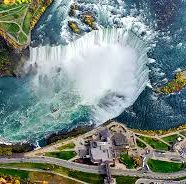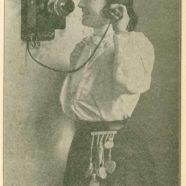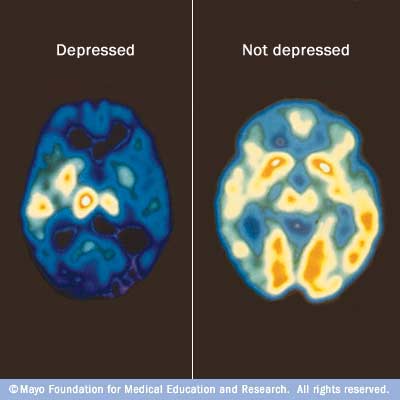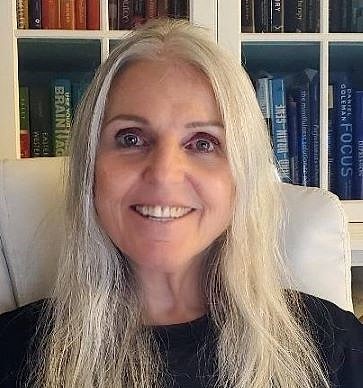Virtual Therapy is ongoing
In case you didn’t know, I’ve been offering virtual or online therapy for many years. Now, during Covid-19 shelter in place orders, I am using it every weekday to wonderful results. Give it a try with me for free!
Read MoreHow Sleep Detoxes your Brain
Recent public news coverage is talking about the connection between getting enough deep sleep and Alzheimer’s Disease (AD). I wrote this blog in January 2018, and am reposting it because it is such an important piece of the AD picture. No one cause of AD has been found, not even the gene or evidence of tangles and plaque is enough to be a certain determinative cause of the disease expressing itself , and yet, AD is affecting millions of people and growing each year. Lifestyle seems to be the place where changes make the biggest difference to occurence, growth and impact. Lifestyle consists of sleep, food and drink/alcohol choices, social life, spirituality, exercise, and de-stressing are the currently studied lifestyle choices.
Read MoreHow Does Mindfulness Heal Emotional Distress
The practice of mindfulness teaches you a different way to relate to your thoughts, feelings, and emotions. The key is in learning to approach and acknowledge whatever is happening in the present moment, as it arises, AND setting aside your lens of judgment, and I add, analysis. This will strengthen the connection, which will form the habit or increase its likelihood of manifesting with the smallest of triggers. Instead…
Read More24/7 Crisis and Suicide Phone & Online
Bookmark this page of 24/7 crisis and suicide phone numbers, chat lines by text and online, and websites of non-profits to contact when in crisis, need to talk or need support and information.
Read MoreMaking Mindfulness Make Sense
Making mindfulness make sense isn’t easy even though it’s not the least bit complicated. The thing is, it doesn’t lend itself to words. It has to be experienced because mindfulness is a state of being. It’s not a thought, or a feeling or a doing. It’s being. So what’s the big deal about being mindful? You get to live your life out-loud, fully entrenched in what comes through your senses and intuition and know what you are experiencing as you are living it. It’s also brings clarity and simplicity into your life. A cluttered mind is not a mindful mind...
Read MoreWriting Mindfully: a Practical Application
Writing Mindfully: a practical application for everyday living in a mindful manner. I read a book recently that I’d like to recommend to you, especially if you like to write or are a writer. Even if you’re not a writer, this book gives a practical evidence of a living mindful. This book is, Fearless Writing, how to create boldly and write with confidence, by William Kenower. Kenower speaks about how to BE a writer, be at writing, be in writing and be in your life for 225 pages. This is not a how to write book, but if you can’t get yourself to write, then the how-to or...
Read MoreAlcohol Increases the Risk for Dementia
It’s not commonly known that heavy alcohol consumption is a major risk factor for all types of dementia, but it is, and it is particularly a contributor to early-onset dementia, which means under age 65 but significant symptoms can manifest in the 50s….If people are drinking more than a couple drinks a day they are increasing their risk for dementia, especially early-onset, most especially if they start drinking heavy in adolescents and collage.
Read MoreMagnesium Relieves Anxiety and Insomnia
Magnesium Relieves Anxiety and Insomnia.
Our bodies use magnesium in more than 300 metabolic reactions. A lack of magnesium can alter electrical activity in the brain. Stress depletes the magnesium in your system. Magnesium helps maintain normal muscle and nerve function, steadies heart rhythms, and supports our immune systems. Additionally magnesium regulates blood sugar levels, blood pressure, and enhances metabolism. Symptoms of magnesium deficiency may include agitation and anxiety, restless leg syndrome, sleep disorders, irritability, nausea and vomiting, abnormal heart rhythms, low blood pressure, confusion, muscle spasm and weakness, hyperventilation, insomnia, agitated sleep and frequent awakening, poor nail growth, and even seizures.
Handling Anxiety Better
Most of the clients I work with suffer anxiety to some degree. Also, anxiety is part of depressive disorders although it may express more as irritability or worry than the nervousness and physical manifestations usually associated with anxiety. However anxiety or panic shows up, its miserable as anyone whose ever felt it knows. I tell my clients to do two things when they first begin to feel an anxiety attack or anxious. First, to focus their attention downward to their feet in order to ground themselves into the earth. I ask them to feel the energy coming up from Mother Earth into their...
Read More











